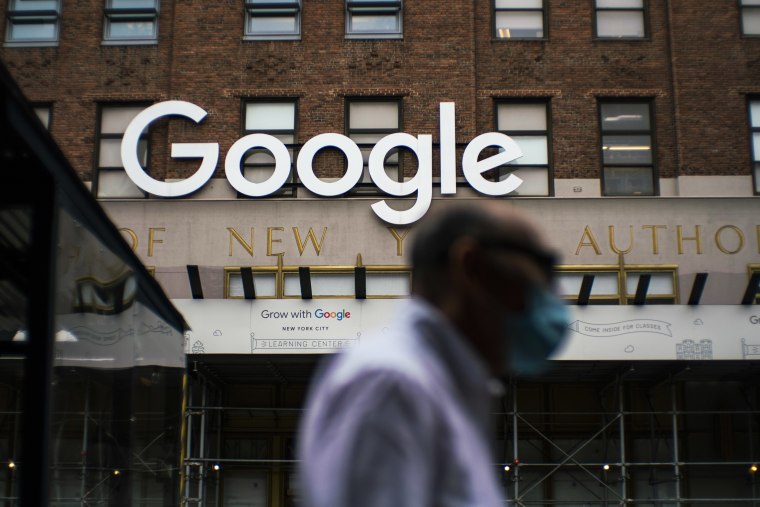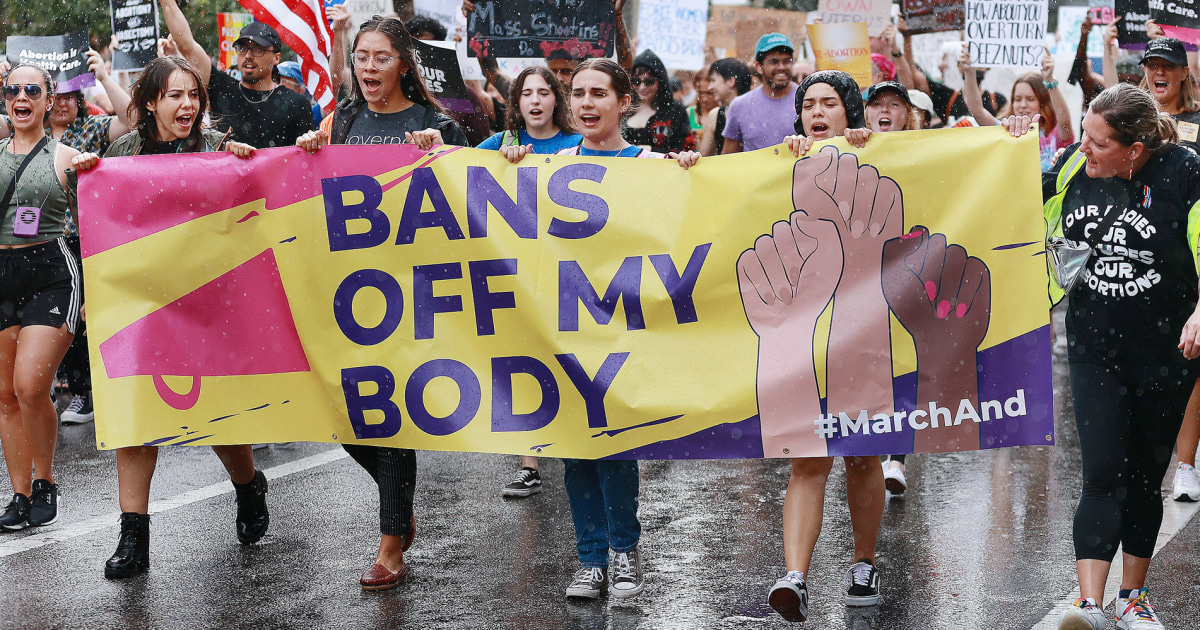Jennifer Elias -
CNBC
Google said late on Friday that it will work to quickly remove the location history of people visiting abortion clinics and other medical sites following the Supreme Court's ruling in Roe v.
Wade last week.
“Today we are announcing that if our systems identify that someone has visited one of these places, we will remove these entries from location history shortly after their visit,” wrote Jen Fitzpatrick, senior vice president of core systems and experiences at Google, in a blog post. .
[Changing laws on access to abortion in several states create confusion for patients and clinics]
Fitzpatrick noted that visits to places like counseling centers, domestic violence shelters, abortion clinics and fertility centers "can be particularly personal."
Alphabet, the parent company of Google, owns popular data devices and services, including Android, Fitbit, Search and Google Maps.
This has become a greater concern since the Supreme Court ruling, due to the uncertainty surrounding the possibility that sensitive data could be used to direct what is now potentially criminal activity.
Biden and Democratic governors line up to seek ways to access abortion
July 1, 202200:23
Google's post reads: "Fitbit users who have chosen to track their menstrual cycles in the app can currently delete one menstrual record at a time, and we're releasing updates that allow users to delete multiple records." at once".
The decision by the country's highest court overturned nearly 50 years of legal precedent by overturning its original view that women have a constitutional right to abortion.
For weeks, Google and other tech companies have avoided answering questions from the media and lawmakers about their data storage and practices, as well as how they will comply with potential requests from law enforcement.
[Can prosecutors use personal digital information in states where abortion is prohibited?]
Google, which emailed employees with resources for its own employees amid the ruling, has also faced questions about its search results, as well as data privacy.
Even before the decision became official, lawmakers called on Google and the Federal Trade Commission to ensure the protection of the data of online consumers seeking medical care if the landmark ruling were overturned.
Google offices, on October 22, 2020 in New York.Eduardo Munoz Álvarez / VIEWpress/Corbis via Getty Images
In May, a group of 42 Democratic lawmakers urged Google CEO Sundar Pichai in a letter to stop collecting and keeping unnecessary or unaggregated location data that could be used to identify people seeking abortions.
Google's Friday post does not clarify how it would respond to potential requests from authorities.
Instead, the company indicated that it "would continue to oppose claims that are too broad or otherwise legally objectionable."
[The states assert that the abortion ban does not affect in vitro fertilization. But the doctors have doubts]
Google also indicated that the responsibility is shared by many institutions.
“As these issues apply to health care providers, telcos, banks, technology platforms, and many more, we know that protecting privacy cannot rest solely with individual companies or users. states that act individually”, says the message.









